Introduction to 1980-86 Ford F-150 Hydraulic Clutch Conversion Kit
When restoring or modifying a classic vehicle, the Ford F-150, particularly models from 1980 to 1986, is often a top choice for enthusiasts. One popular modification is the conversion from a mechanical to a hydraulic clutch system. If you’re considering upgrading your 1980-86 Ford F-150 with a hydraulic clutch conversion kit, this guide will walk you through everything you need to know, from the benefits and installation process to the most reputable kits available on the market.
Why Upgrade to a Hydraulic Clutch?
1. Improved Performance and Reliability
The stock mechanical clutch system in many 1980-86 Ford F-150 models relies on a cable that connects the clutch pedal to the transmission. Over time, mechanical linkages can wear out, stretch, or even break, leading to inconsistent clutch operation. Hydraulic clutches, on the other hand, are more reliable. They use a fluid-filled system to transmit force, offering smoother, more precise engagement and release, which translates to a better driving experience.
2. Less Maintenance
A hydraulic clutch system requires far less maintenance than a mechanical system. There are no cables to stretch or fray, and the hydraulic components are relatively easy to replace if they wear out. This means less downtime for your vehicle and fewer mechanical headaches down the road.
3. Enhanced Pedal Feel
One of the standout features of hydraulic clutches is the consistent pedal feel. Unlike mechanical systems, which can feel stiff or jerky, hydraulic clutches offer a smooth and predictable pedal response. This improvement is especially noticeable during long drives or in stop-and-go traffic, where a lighter pedal feel can reduce driver fatigue.
4. Better Control
The hydraulic clutch provides more consistent control over the engagement and disengagement of the clutch. This makes it easier to drive, especially when dealing with high-performance or heavy-duty applications, where precise clutch modulation is crucial. Whether you’re towing, off-roading, or just daily driving, a hydraulic clutch gives you better feedback and overall control.
How the Hydraulic Clutch Works
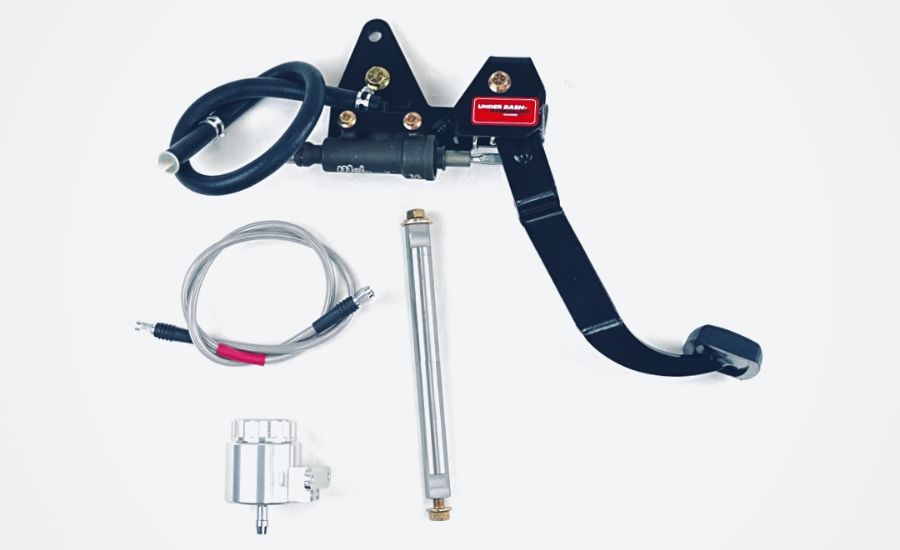
Hydraulic clutch systems operate on a basic principle: force applied to the clutch pedal is transmitted through hydraulic fluid to the slave cylinder, which in turn activates the clutch fork to engage or disengage the clutch. Unlike mechanical systems, which require manual adjustment of the clutch cable, hydraulic systems are self-adjusting, ensuring a consistent pedal feel over time.
The hydraulic system typically consists of:
- Master Cylinder: Located near the clutch pedal, the master cylinder converts pedal force into hydraulic pressure. When you press the pedal, it activates the master cylinder, which pushes fluid through the hydraulic lines.
- Slave Cylinder: Mounted on the transmission, the slave cylinder receives hydraulic fluid from the master cylinder and actuates the clutch fork, which disengages or engages the clutch.
- Hydraulic Lines and Hoses: These connect the master cylinder to the slave cylinder, carrying the pressurized fluid. They are an integral part of the system and must be maintained to ensure smooth operation.
Benefits of a Hydraulic Clutch for the 1980-86 Ford F-150
1. Improved Towing Capacity
The added control and reliability offered by a hydraulic clutch make it a great option for trucks used for heavy-duty applications like towing. Whether hauling a trailer or navigating challenging terrain, a hydraulic clutch provides the precision necessary to manage heavy loads without worrying about clutch failure or slippage.
2. Smoother Shifts
The hydraulic system’s smooth actuation reduces clutch chatter and allows for quicker and more precise shifts. Whether you’re shifting under heavy load or downshifting during spirited driving, you’ll appreciate the improved shift quality.
3. Reduced Clutch Pedal Effort
Compared to the mechanical system, which can feel stiff or require more effort, the hydraulic system significantly reduces the force required to disengage the clutch. This reduction in pedal effort is especially noticeable in stop-and-go traffic or during long drives, where the light pedal feel can reduce driver fatigue.
4. Longer Lifespan
Hydraulic clutches, thanks to their self-adjusting nature, tend to last longer than mechanical systems. Without the need for manual adjustments and with fewer parts subject to wear and tear, hydraulic systems often prove to be more durable and reliable.
Things to Consider Before Installing a Hydraulic Clutch
1. Compatibility
Ensure that the hydraulic clutch conversion kit you select is compatible with your 1980-86 Ford F-150 model. Not all kits are designed for every configuration, so it’s essential to choose a system that matches your truck’s specifications. Pay attention to details such as engine type, transmission model, and whether your truck was originally equipped with a manual transmission.
2. Professional Installation
While installing a hydraulic clutch conversion kit may seem like a simple task, it’s a fairly involved process that requires a certain level of mechanical expertise. You may need to modify the pedal assembly, install the master cylinder, and route the hydraulic lines. For those without the right tools or knowledge, it’s advisable to have a professional mechanic handle the installation.
3. Cost
The cost of a hydraulic clutch conversion kit can vary depending on the quality of the kit and where it’s purchased. Generally, you can expect to pay between $300 and $800 for a quality kit. Professional installation can add an additional $200-$500, depending on the complexity of the job and labor rates in your area. Be sure to get a full estimate before proceeding.
4. Fluid Maintenance
Hydraulic clutches require hydraulic fluid to operate, and just like any other system, the fluid can degrade over time. Regularly check and replace the fluid to ensure your clutch system operates smoothly. This can be part of your regular vehicle maintenance schedule.
Top Hydraulic Clutch Conversion Kits for 1980-86 Ford F-150
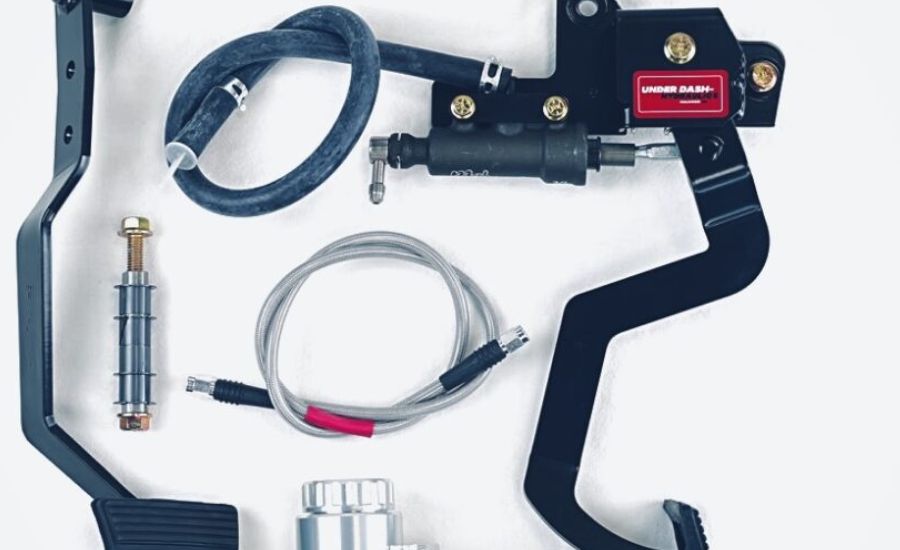
Here are some of the best hydraulic clutch conversion kits available for the 1980-86 Ford F-150:
1. LUK Hydraulic Clutch Conversion Kit
LUK is known for its durable and high-performance clutch components. Their hydraulic clutch conversion kits are ideal for Ford F-150 models from 1980 to 1986. This kit is designed for ease of installation and includes everything needed to convert your truck’s mechanical system to hydraulic operation.
2. McLeod Racing Hydraulic Clutch Kit
McLeod Racing is a trusted name in performance parts, and their hydraulic clutch kits offer excellent quality. The McLeod kit is designed to handle high-performance applications, making it a great option if you plan to upgrade your truck for towing or off-road use. It includes a master cylinder, slave cylinder, and hydraulic lines for a complete conversion.
3. Hays Hydraulic Clutch Kit
Hays offers a range of hydraulic clutch conversion kits that are easy to install and designed to fit various Ford F-150 models, including those from 1980-86. The Hays kit offers improved performance and is ideal for those who want a more responsive clutch feel and smoother shifts.
Installation Tips for a Hydraulic Clutch Conversion Kit
1. Read the Instructions Carefully
Before you begin the installation, carefully read the manufacturer’s instructions that come with your hydraulic clutch conversion kit. Each kit may have slightly different installation steps, so it’s important to follow the provided guidelines to ensure a successful conversion.
2. Gather the Right Tools
Make sure you have the necessary tools for the job, including wrenches, socket sets, hydraulic fluid, and possibly a drill to mount the master cylinder. Having the right tools will make the installation process much easier.
3. Follow Safety Protocols
Working with vehicles can be dangerous, so be sure to take the necessary safety precautions. Always use jack stands to secure the truck when lifting it, and ensure the vehicle is properly supported while you work underneath.
Upgrading to a hydraulic clutch conversion kit for your 1980-86 Ford F-150 is a great way to enhance the performance, reliability, and driving experience of your truck. Whether you’re looking for smoother shifts, less maintenance, or improved control, the hydraulic clutch offers significant advantages over the traditional mechanical system.
By understanding the benefits, costs, and installation process, you can make an informed decision that will ensure your Ford F-150 runs at its best for years to come. Be sure to choose a high-quality kit, consider professional installation, and perform regular maintenance to keep your hydraulic clutch system in top condition.
Faqs
1. Why should I consider converting my 1980-86 Ford F-150 to a hydraulic clutch system?
- Converting to a hydraulic clutch system improves the overall driving experience by offering smoother operation, less pedal effort, and more precise control over the clutch. Hydraulic systems are also more reliable and require less maintenance than mechanical systems, which rely on cables that can wear out or stretch over time.
2. What are the main benefits of a hydraulic clutch?
- The primary benefits include smoother shifts, reduced pedal effort, enhanced control, and improved overall driving comfort. Hydraulic systems also tend to have a longer lifespan and require less maintenance compared to mechanical clutch systems.
3. Is a hydraulic clutch conversion difficult to install?
- The installation of a hydraulic clutch conversion kit is a moderately complex task. It requires removing the existing mechanical clutch system, installing the hydraulic master cylinder, and routing the hydraulic lines to the slave cylinder. If you are not comfortable with vehicle mechanics, it is recommended to have the conversion done by a professional mechanic.
4. How much does a hydraulic clutch conversion kit for a 1980-86 Ford F-150 cost?
- The price for a hydraulic clutch conversion kit typically ranges from $300 to $800 depending on the quality and brand of the kit. Professional installation can add an additional $200 to $500 depending on the complexity of the job and labor rates in your area.
5. Will a hydraulic clutch improve my truck’s towing capabilities?
- Yes, a hydraulic clutch system improves the precision and reliability of the clutch, which is particularly beneficial when towing. The smoother engagement and disengagement of the clutch allow for better control, especially when dealing with heavy loads or difficult driving conditions.
6. How do I maintain my hydraulic clutch system?
- Hydraulic clutch systems require minimal maintenance. Regularly check the fluid levels and replace the hydraulic fluid as needed. Inspect the hydraulic lines and components for any signs of leaks or wear. If the clutch starts to feel soft or inconsistent, it’s a good idea to have it checked by a professional mechanic.
7. Do I need to modify other parts of my truck for the hydraulic clutch conversion?
- In most cases, a hydraulic clutch conversion kit is designed to fit the stock setup of your 1980-86 Ford F-150. However, depending on the kit and your truck’s configuration, some modifications may be necessary, particularly to the pedal assembly and mounting points for the master cylinder. Be sure to carefully review the installation instructions for your specific kit.
8. Can I install a hydraulic clutch kit myself, or should I hire a mechanic?
- While the conversion can be done by a skilled DIY mechanic, it requires significant mechanical knowledge and the right tools. For those without experience, hiring a professional mechanic is the best option to ensure a proper installation.
Final Thoughts
Upgrading your 1980-86 Ford F-150 to a hydraulic clutch system is an excellent decision if you’re looking to improve performance, reduce maintenance, and make your driving experience more enjoyable. By choosing the right kit and following the proper installation steps, you can enjoy the benefits of smoother shifts, less pedal effort, and greater control. Whether you use your truck for daily driving, off-roading, or towing, a hydraulic clutch provides better reliability and ensures your truck performs at its best for years to come.
Before beginning the conversion, be sure to evaluate your truck’s compatibility, budget, and installation requirements. Whether you’re a DIY enthusiast or prefer professional help, upgrading to a hydraulic clutch system will make a noticeable difference in the way your Ford F-150 drives.
For more Information About Gadget visit Shortthink

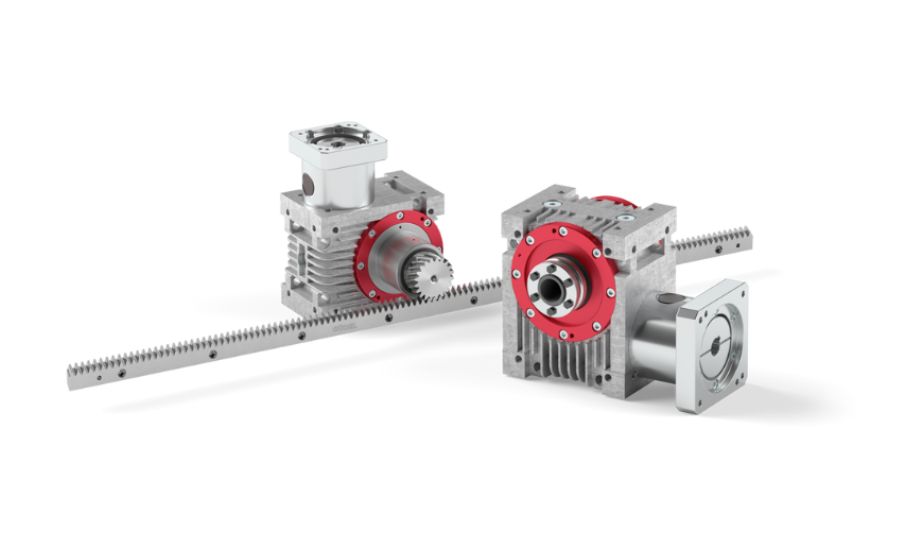
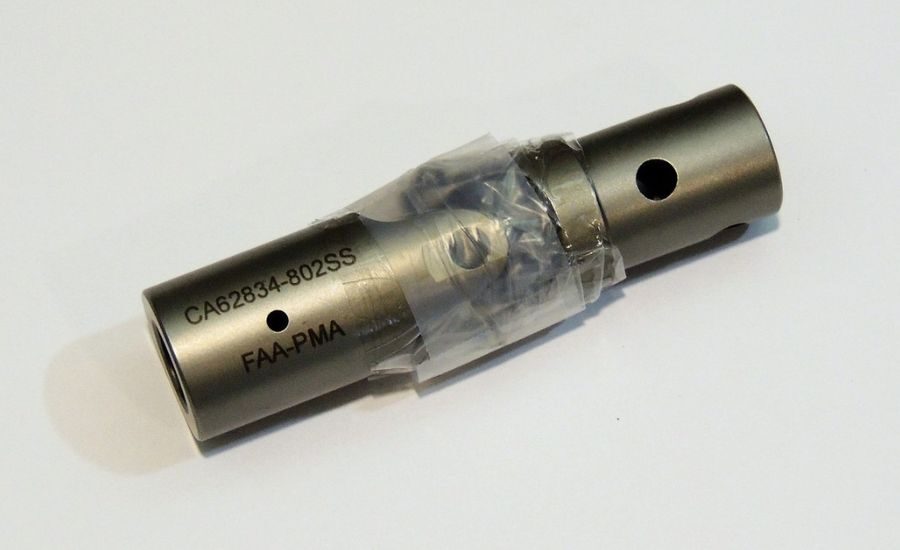
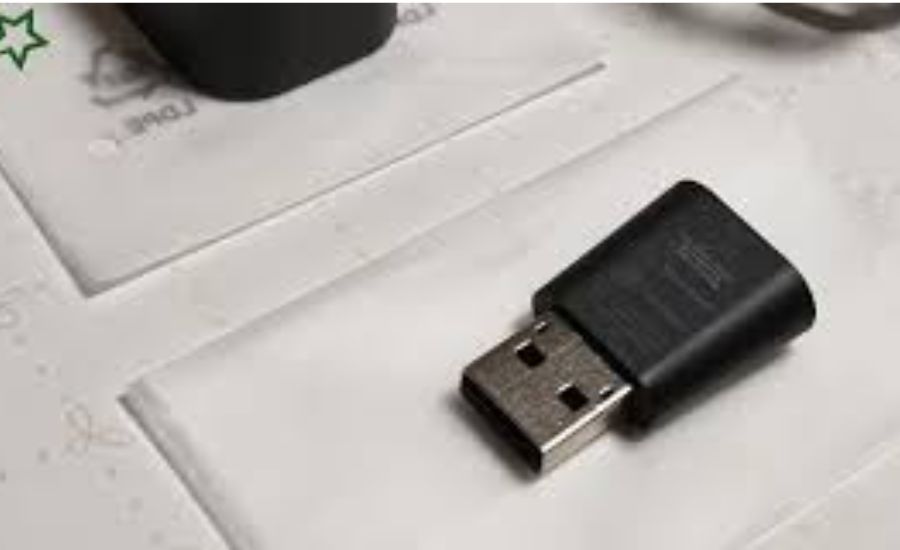
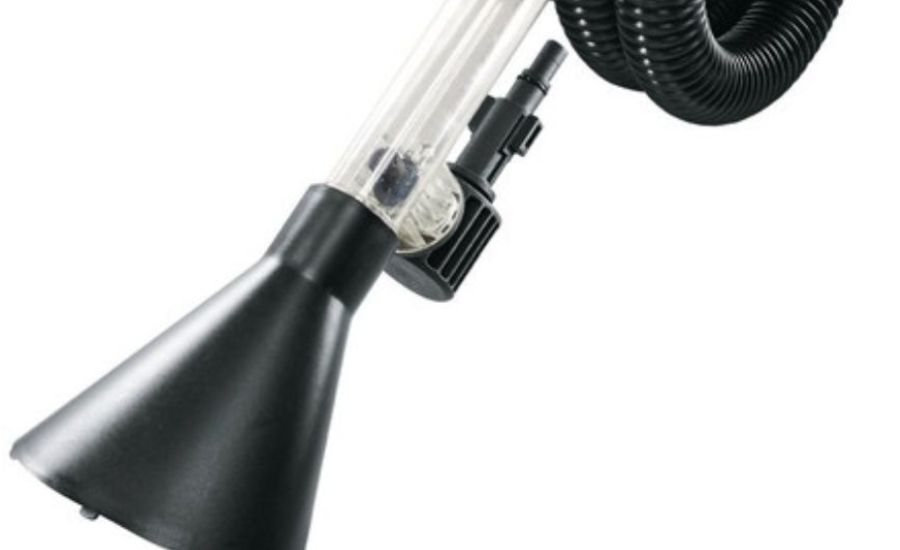
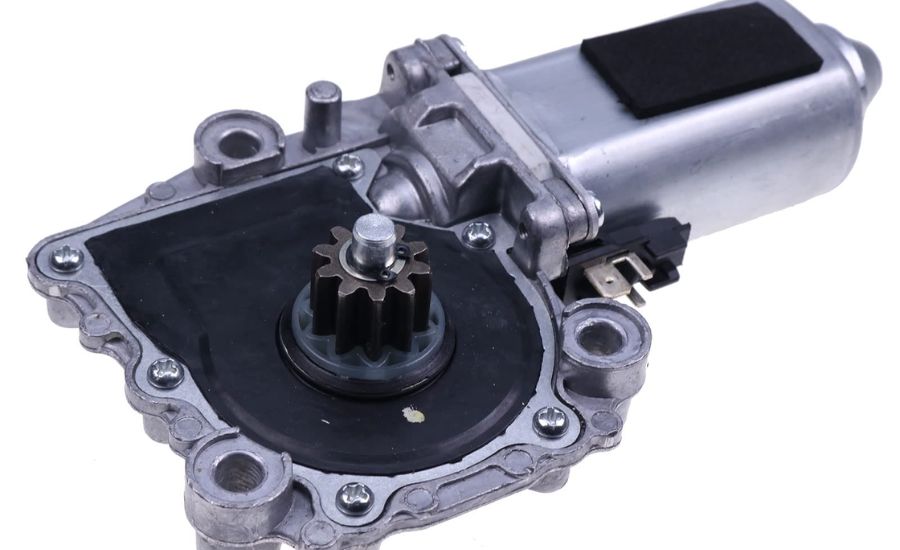
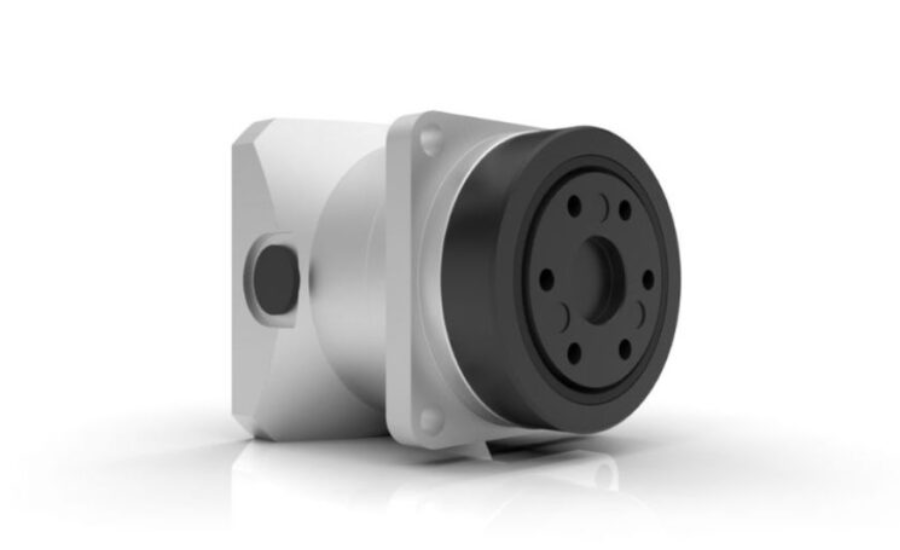
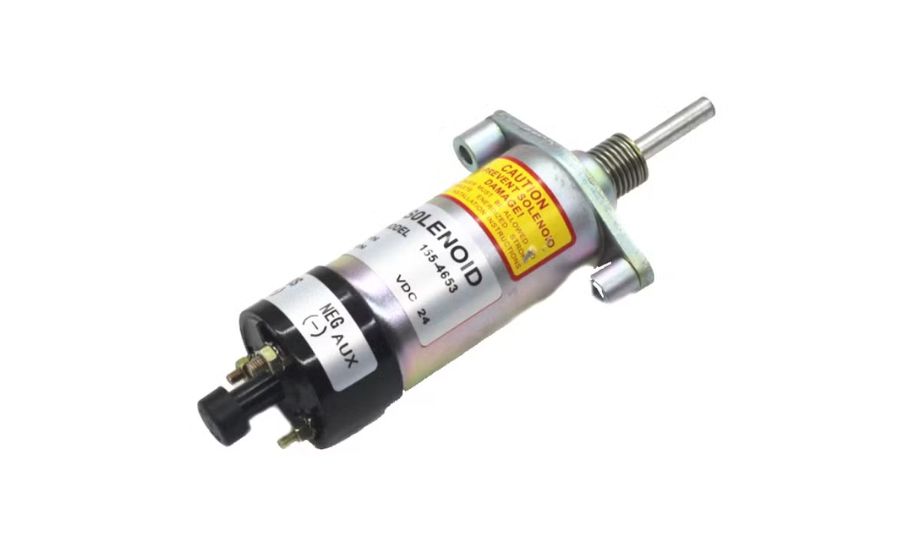
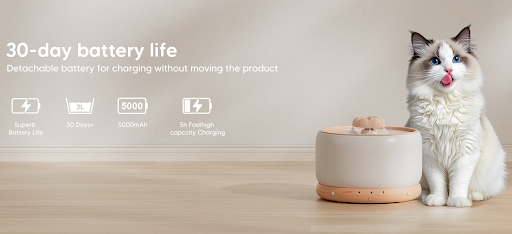



Leave a Reply